The Right to Health of People of African Descent:
Part 2 of the Racism, Discrimination and Health Series
26 & 27 June 2024
09:30 - 17:00 CEST
UN House & Online
Boulevard du Régent 37-40, 1000, Brussels, Belgium
Racism and discrimination are fundamental determinants of health, profoundly affecting physical and mental well-being. They are far-reaching systemic issues, creating environments where marginalised communities face continuous social and economic challenges. Addressing these determinants is crucial for achieving health equity and ensuring that all individuals have the opportunity to realise their Right to Health as defined in Article 12 of the International Covenant on Economic, Social and Cultural Rights.
A pivotal policy instrument to help realise this is the EU Anti-racism Action Plan (EU ARAP). With the current cycle ending and the next five-year cycle being shaped, we have an opportunity to directly contribute to the further development of measures to tackle racial inequality, enhance legal protections, and promote social cohesion. The EU ARAP addresses various forms of discrimination to differing degrees. Experiences of anti-Black racism and the specific challenges faced by People of African Descent (PAD) are often overlooked within such overarching programmes, so it is vital that the needs of people experiencing this type of racism are given the attention required.
This two-day DisQo Stakeholder Network conference, organised by EPHA and OHCHR in cooperation with Artikel 1 Midden Nederland and De Hofnar Present B.V., brings together leading experts and stakeholders to address the pervasive issues of racism, discrimination, and their profound impacts on health, with a specific focus on People of African Descent. Through insightful case studies, panel discussions, and interactive sessions, participants will explore the intersection of these critical areas, share best practices, and develop actionable strategies to promote health equity. Join us in advancing the dialogue and fostering collaborative efforts to combat racism and improve health outcomes for all.
The identified solutions and recommendations from this event will be collected and summarised in a consultation report that will be presented to the European Commission’s Coordinator on combating racism, to feed into the next cycle of the EU Anti-racism Action Plan. There will also be an opportunity for written input.
In case of further questions or comments regarding the event, feel free to reach out to EPHA at tomas.dejong@epha.org or lisa.becker@epha.org, or to OHCHR at mila.paspalanova@un.org
Watch the full recording below:
The day’s findings were summarised in a mindmap on Miro. You can see and download them via the links below:
Programme
Day 1: Wednesday 26 June, 9:30 – 17:00
Introduction and Opening Statements
We welcome you to the continuation of a crucial dialogue on racism, discrimination, and health, beginning with opening statements from distinguished guests from the European Commission and the Dutch Government.
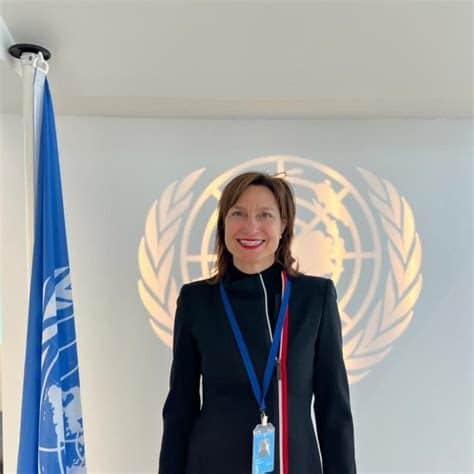
Elena Kountouri Tapiero
Office of the United Nations High Commissioner for Human Rights, Acting Regional Representative for Europe
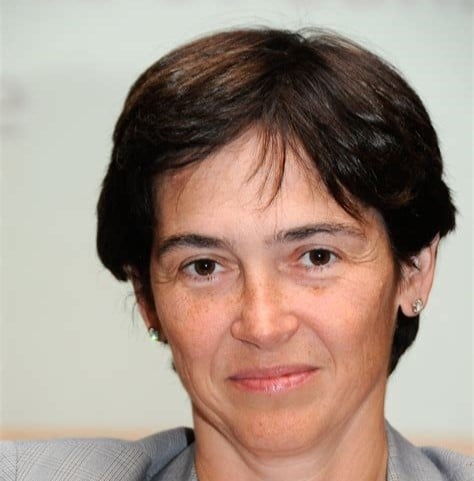
Isabel de la Mata
European Commission, DG SANTE, Principal Advisor for Health and Crisis management

Rabin S. Baldewsingh
Dutch Government, National Coordinator against Discrimination and Racism
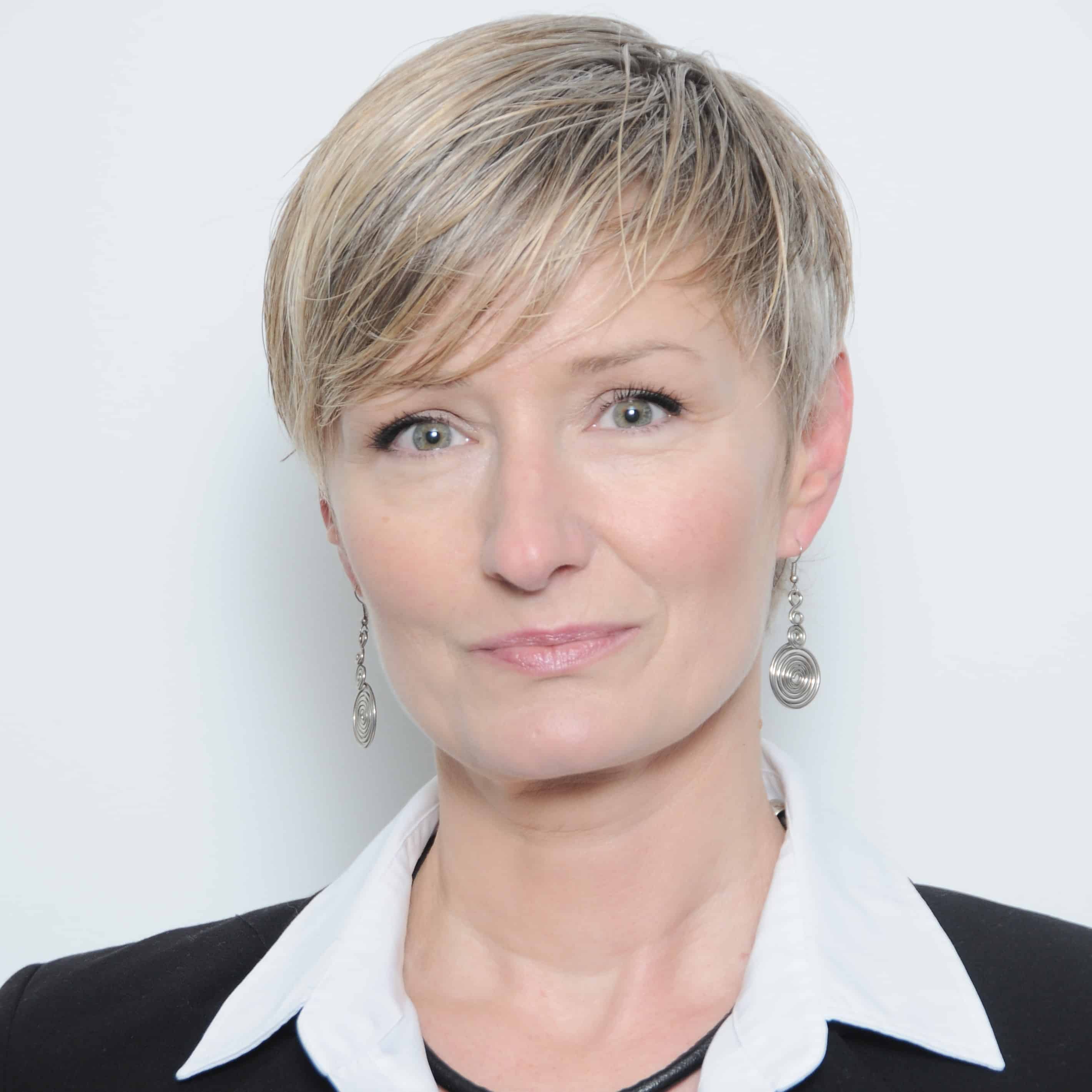
Milka Sokolović
European Public Health Alliance (EPHA), Director General
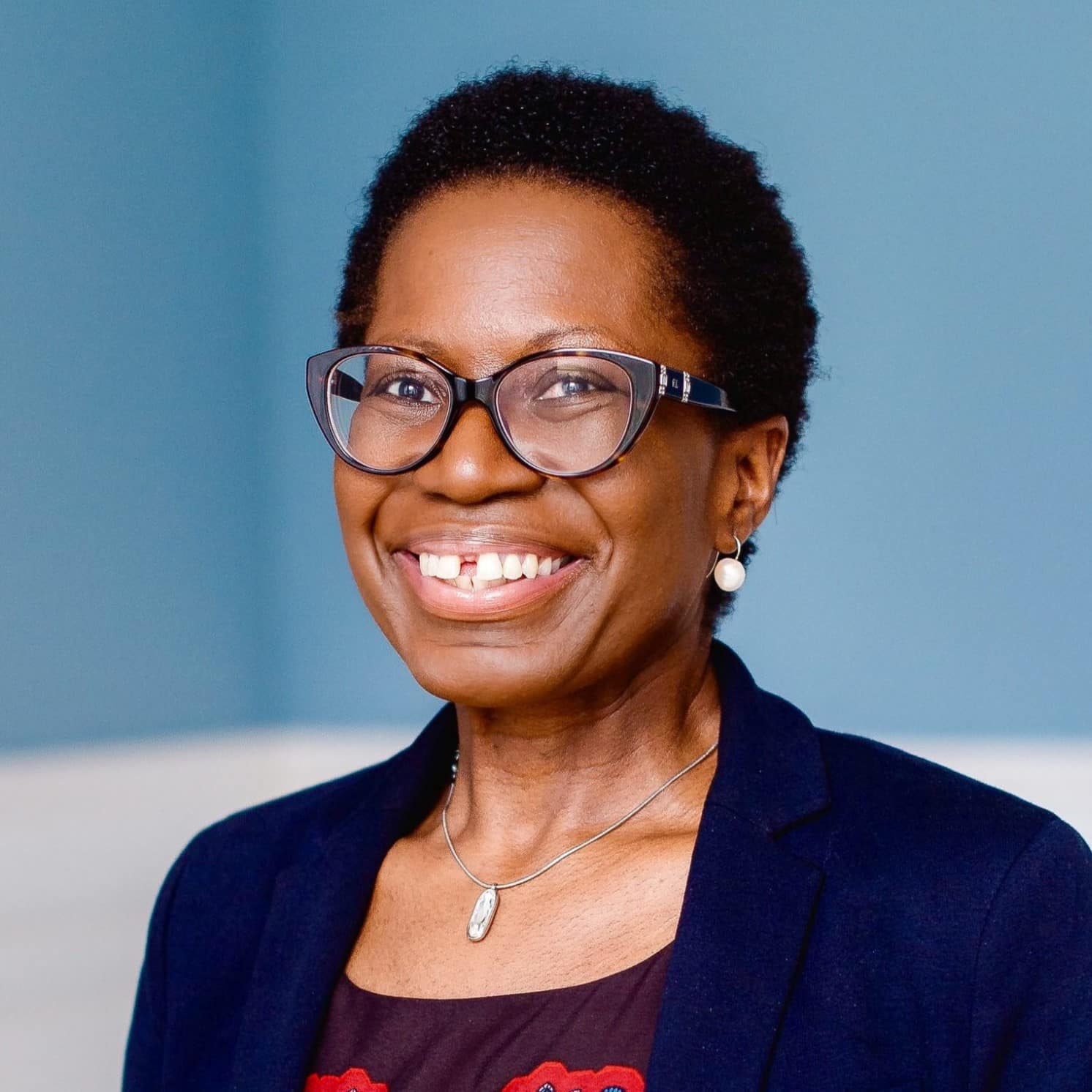
Jacqueline Bowman-Busato
Adipositas Pact, Co-Founder, Engagement and Projects Lead
EU Anti-racism Action Plan and health
Today’s discussion about racism and discrimination takes place in the context of the EU Anti-racism Action Plan. Vanessa Kabuta of the European Commission expands on this policy instrument’s components, focusing specifically on its health-related aspects and challenges.
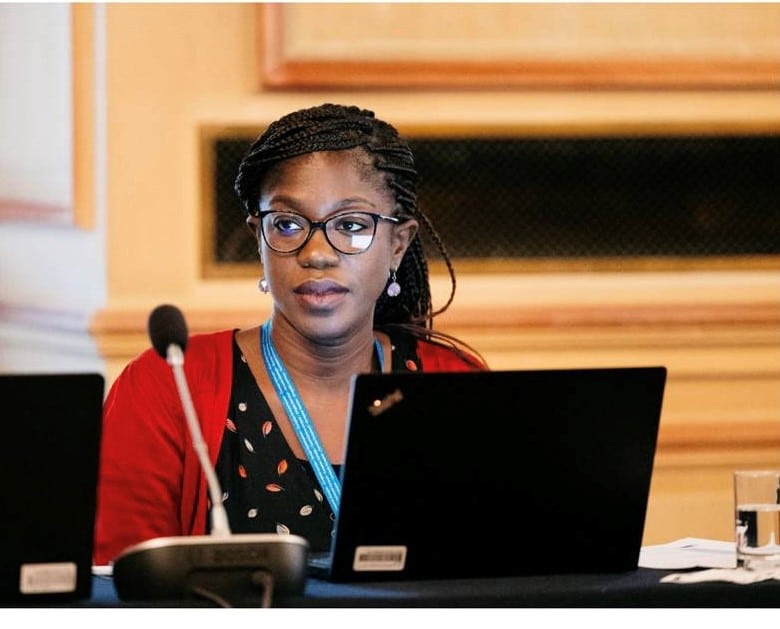
Vanessa Kabuta
European Commission, DG JUST, Unit D2 Non- discrimination, Policy Coordinator
Dutch National Coordinator against Discrimination and Racism
Action on the national level is crucial to drive change on the ground. Rabin S. Baldewsingh – the
Dutch National Coordinator Against Discrimination and Racism – plays a key role in the Dutch anti-racism action plan, and elaborates on considerations around discrimination, racism and health in the Netherlands.

Rabin S. Baldewsingh
Post-break energiser and warm-up session
We resume with a musical energiser provided by Otion, Master of Sceneries.
Panel 1: Racism, discrimination, mental health, and trauma
The first panel discussion focuses on the effects of racism on mental health and trauma, highlighting how racism against People of African Descent can lead to manifestations of mental ill-health. The session takes an intersectional approach, including perspectives such as migration, maternal health and the importance of personal narratives.

Moderated by Rozina Spinnoy
BIDS Belgium, Founder and Director
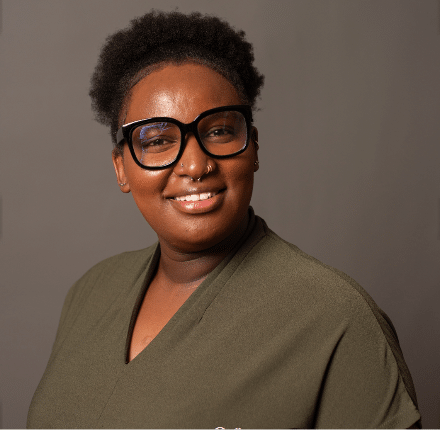
Marlize Andre
The Marissa Foundation, Co-Founder and Director
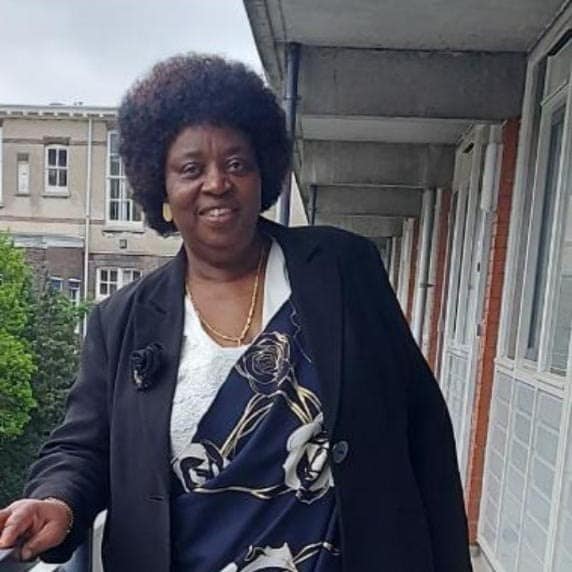
Stéphanie Mbanzendore
Burundian Women for Peace, Founder
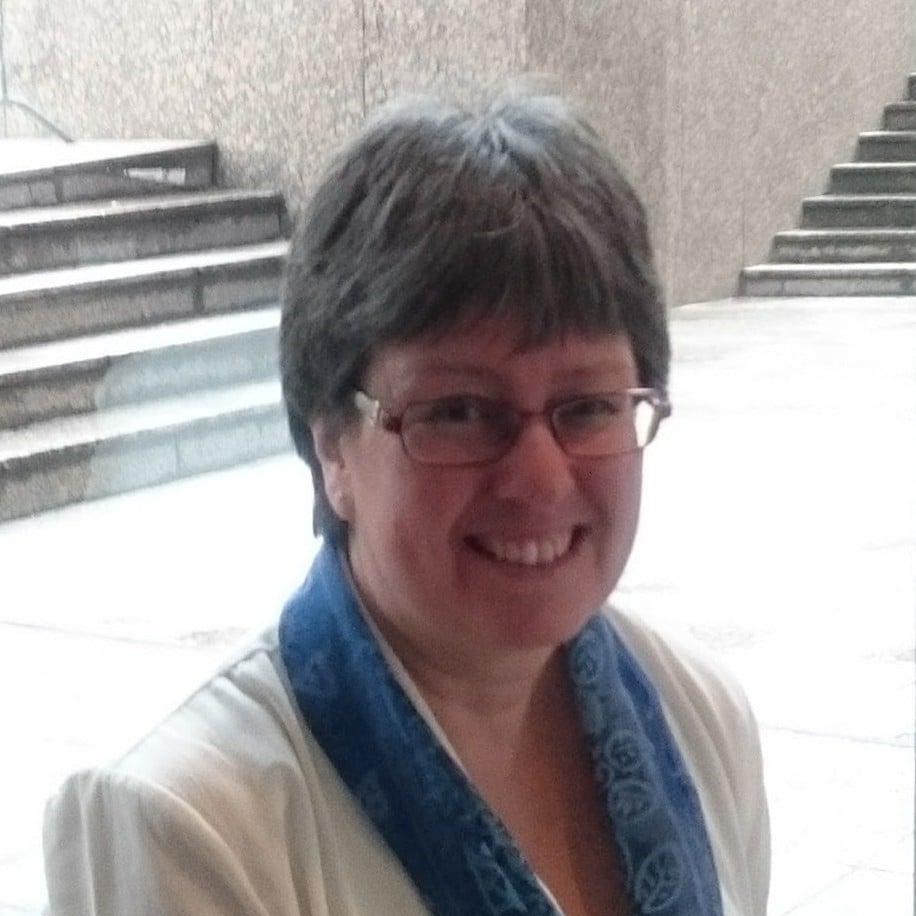
Liz Kelly
Irish Maternity Support Network Ireland, Director / Support co-ordinator
The Right to Health and access to health insurance: a Dutch case study
Health insurance is an important element in access to healthcare. By analysing examples of challenges in accessing health insurance for People of African Descent in the Netherlands, De Hofnar illustrates how such access can be improved to help implement the Right to Health.
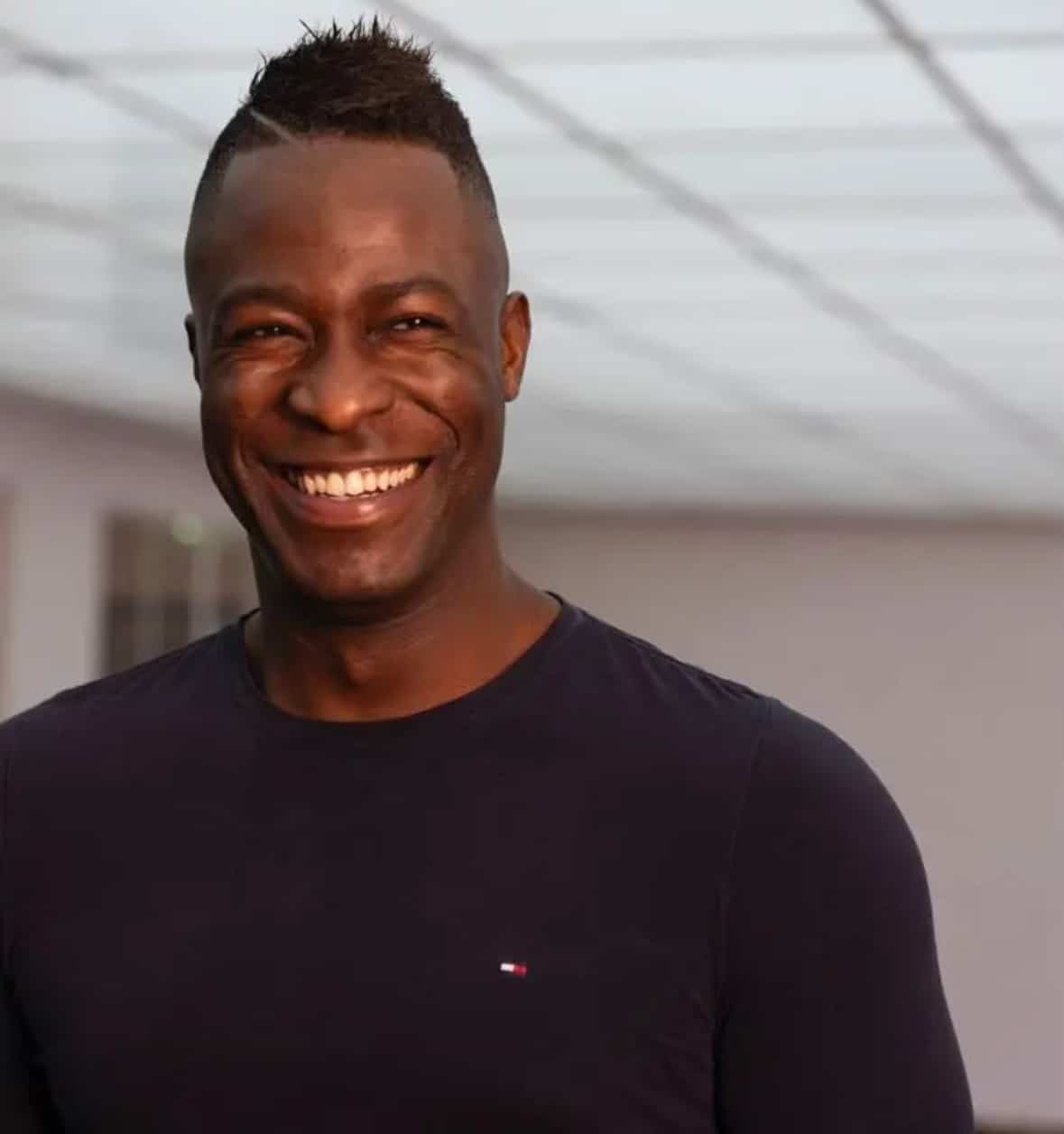
Marciano Daans
De Hofnar Present BV
Panel 2: Clinical Diagnosis: Racial bias in healthcare
The second panel discussion elaborates on culturally appropriate healthcare and the needs of specific communities. This includes a focus on the structural nature of racism and discrimination, which leads to issues such as a lack of trust in the healthcare system, misdiagnosis and disproportionate disease burdens faced by People of African Descent.
This is followed by a questions and answers session.
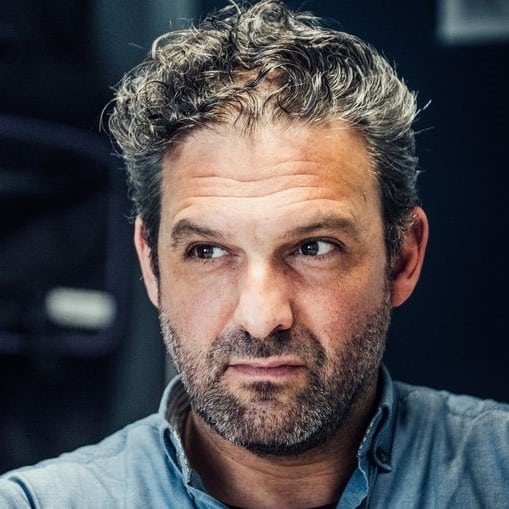
Moderated by Wouter Arrazola de Oñate
Belgian Lung and Tuberculosis Association, Public Health Director
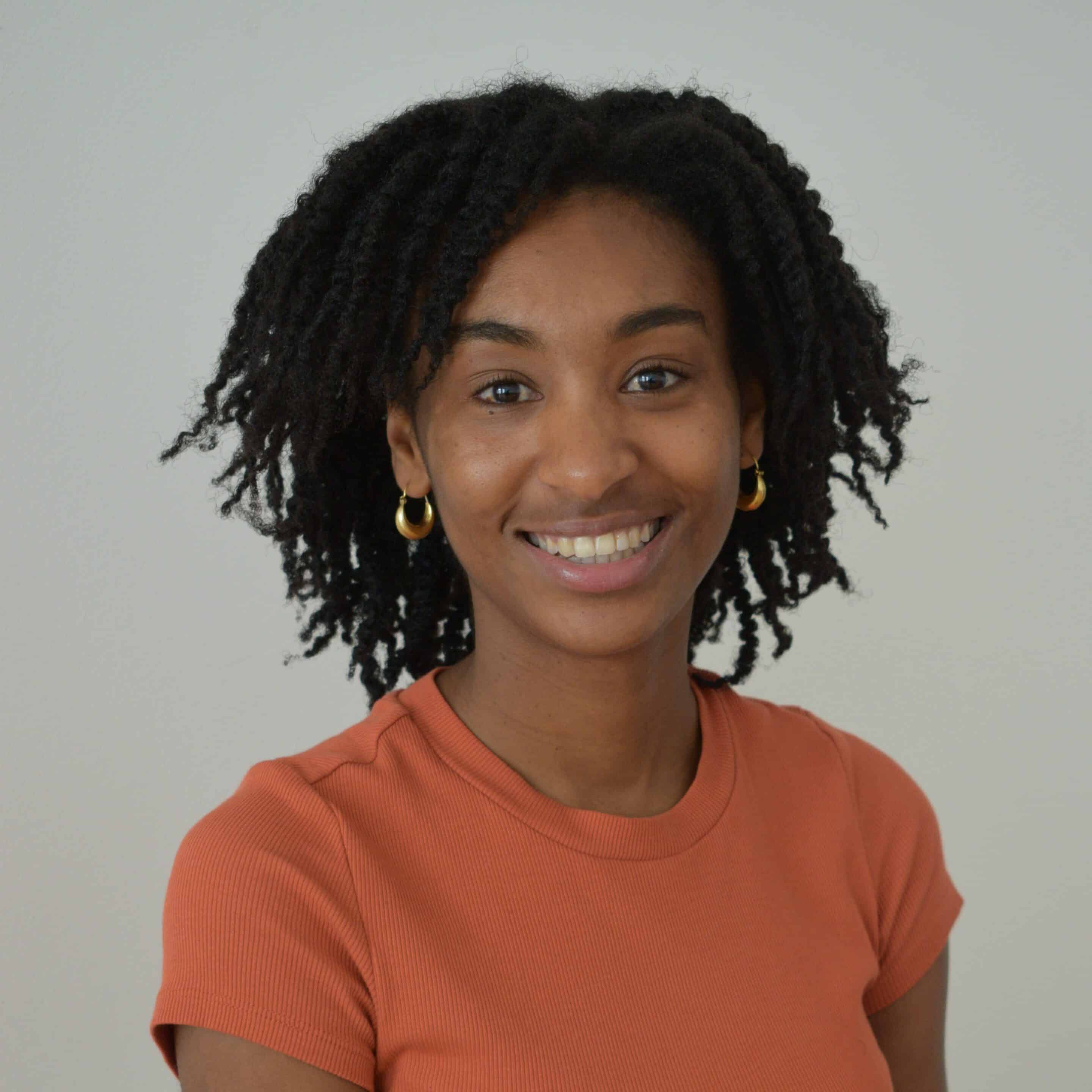
Layal Liverpool (Online)
Science Journalist, Author of “Systemic: How Racism Is Making Us Ill”
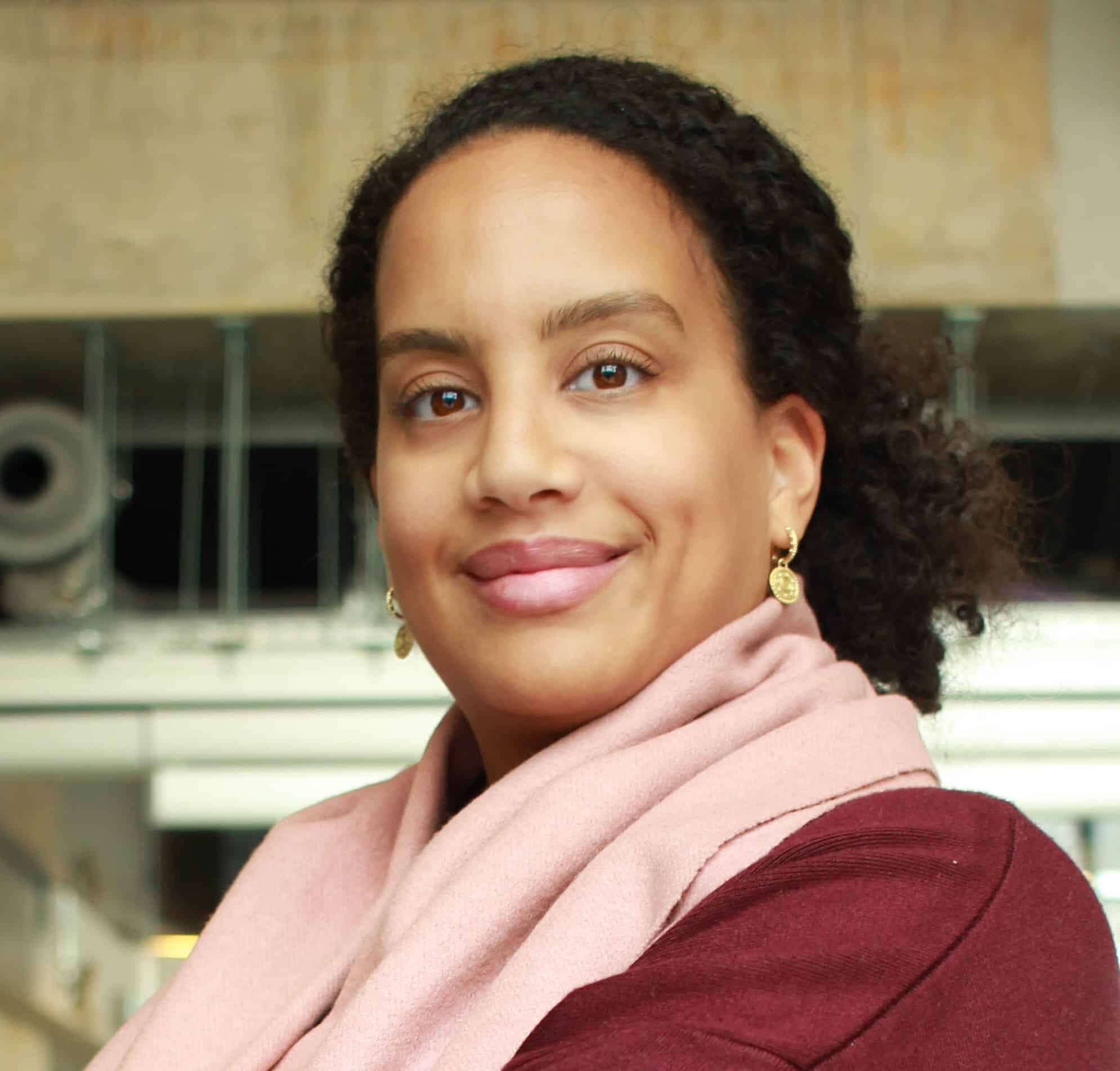
Alana Helberg-Proctor
University of Amsterdam, Faculty of Social and Behavioural Sciences, Associate Professor

Tanja Gangarova
DeZIM-Institute Berlin, National Discrimination and Racism Monitor, Researcher
Interactive session with the audience
To develop a comprehensive approach to anti- racism and anti-discrimination in health, we turn to the expertise of the audience. Participants are encouraged to identify challenges and discuss practical solutions across sectors and levels of society to improve access to healthcare and reduce health inequities for People of African Descent. In a constructive conversation we explore how the discussed topics could feed into the EU Anti-racism action plan.
Moderated by:

Jacqueline Bowman-Busato
Discussion and Conclusion
Jacqueline Bowman-Busato concludes the first day with a summary of its key takeaways, structuring thoughts and ideas to prepare for the discussion of the second day.
Day 2: Thursday 27 June, 9:30 – 17:00
Introduction
Day two is opened with a word of welcome from Jacqueline. The previous day is briefly recapped and linked to today’s topic; equality data collection.

Jacqueline Bowman-Busato
OHCHR Indicators Framework
The OHCHR has ample resources to inform methods for the collection of equality data of high standards. Mila Paspalanova presents how these resources can be accessed and used, focusing in particular on human rights indicators. To deepen our understanding, we explore complementarity, overlap and discrepancy for advancing equality statistics in the FRA Being Back in the EU Report. With a deeper understanding of equality data collection methods, we further explore how we can make data-informed policy approaches to racism, discrimination and health a reality.
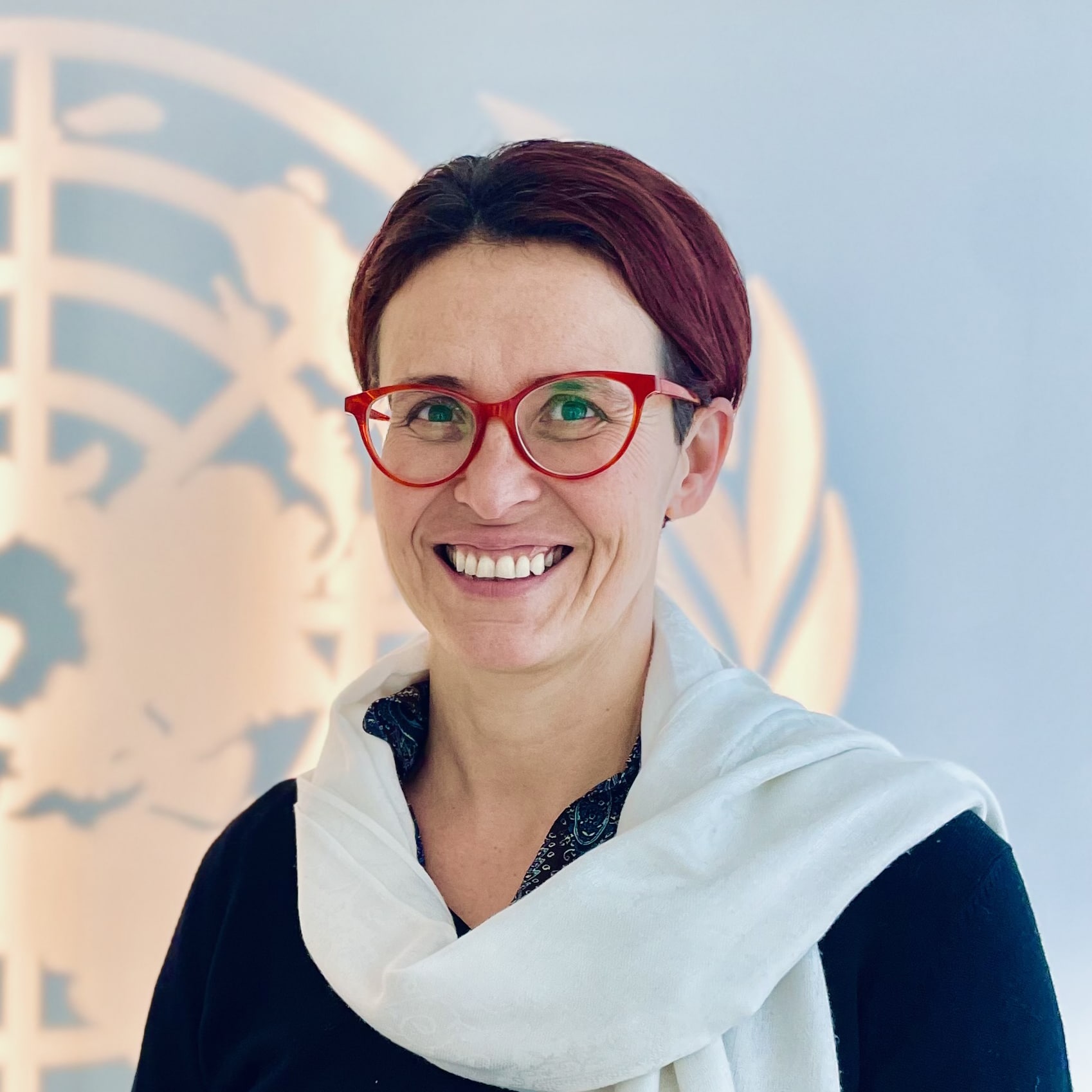
Mila Paspalanova
OHCHR, Anti-racial discrimination advisor
Towards quantitative equality data collection: Dutch G4 dashboard on discrimination
To provide a concrete example of how data collection can be developed on the national level, Discriminatie.nl and Shinto Labs highlight the way in which the G4 municipalities in the Netherlands (Amsterdam, The Hague, Rotterdam and Utrecht) finance a project to develop and implement an analytical and registration tool with an (almost) real-time dashboard on discrimination incidents.
This is followed by a questions and answers session.
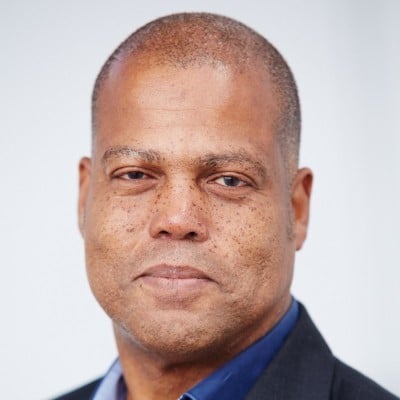
Jerrol Marten
Discriminatie.nl Regio Amsterdam, Director
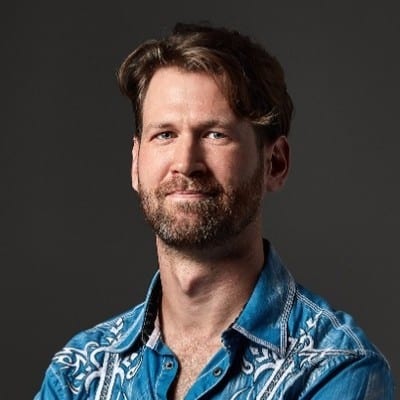
Jurriaan Souer
Shinto Labs, Chief Products
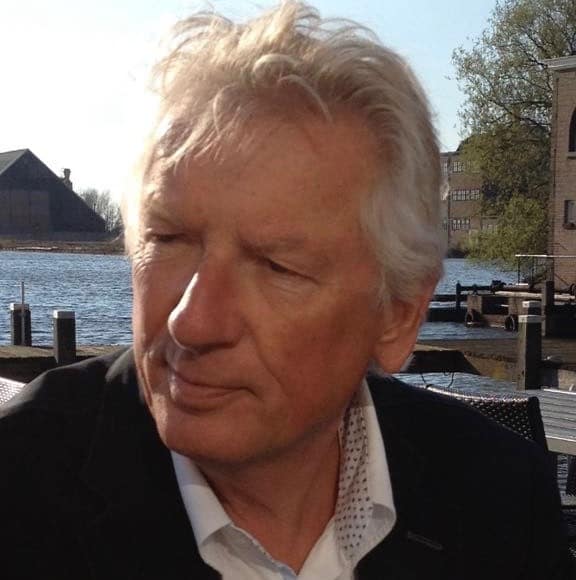
Paul Fockens (Online)
Maurin Consulting, CEO
German Afrozensus: a German case study
Complementing the Dutch example, Muna Aikins covers experiences from the German Afrozensus 2020. This large survey on anti-Black racism and health provides insights based on direct input from affected populations. By discussing its methodology and the findings of the report, important lessons are shared on the development of data collection in Germany.
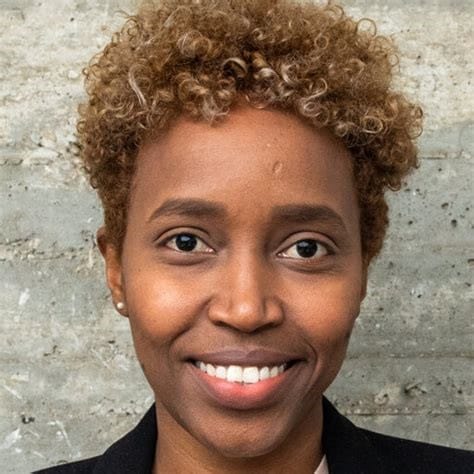
Muna Aikins
Afrozensus – EOTO, Each One Teach One e.V.
Max Planck Institute for Human Development,
Predoctoral Fellow
Post-break energiser and warm-up session
We resume with a brief activity to re-engage you in the discussion.
- Brigid Transon, European Public Health Alliance, Organisational Development Trainee
Equality data: policy implications and translation
Wrapping up the presentations of the first half of the day on equality data, this interactive session’s purpose is to take a step towards concrete solutions. We explore how the lessons from the Dutch and German case studies can be translated to policy action. We further discuss EU policy context implications, for example how it informs national anti-racism action plans, and their related indicators. By highlighting challenges and opportunities, we get an idea on how indicator use and data collection can be developed and reproduced on a wider scale.
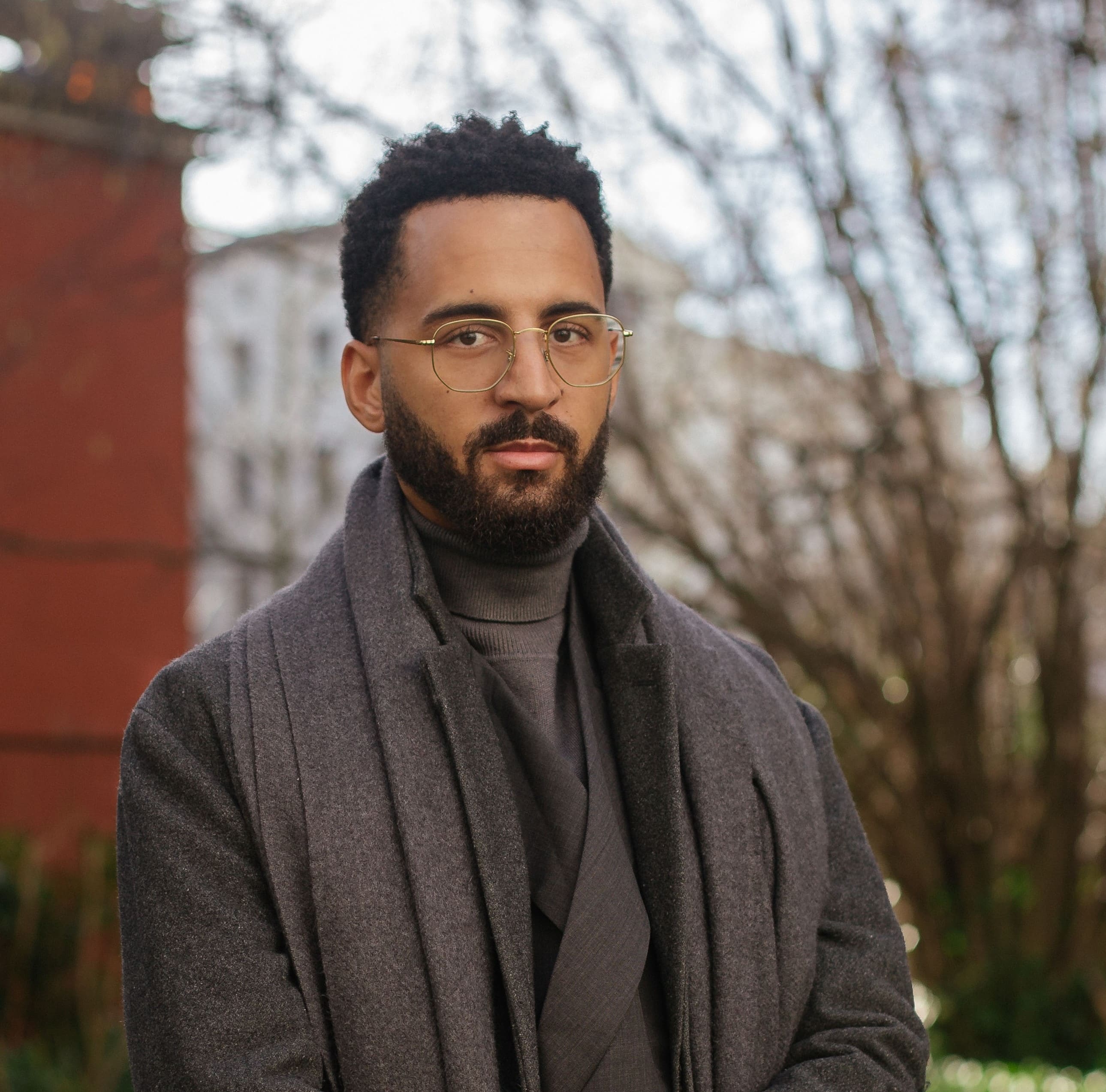
Moderator: Angelo Camufingo
Each One Teach One (EOTO) e.V., Project Lead
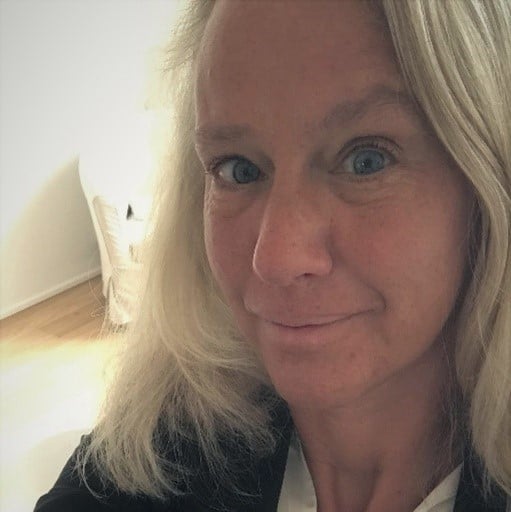
Tanja Florath
European Commission, DG JUST, Unit D2 Non-discrimination, Policy Officer
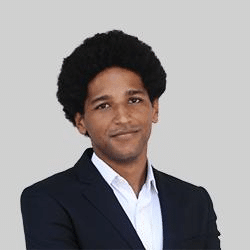
Daris José Lewis Rucio
Equinet, Legal & Policy Officer
Civil society consultation on post-2025 EU anti-racism agenda and national-level implementation
We conclude two days of rich discussion with a consultation to add further considerations. Mila Paspalanova introduces this session with a recap on a human rights-based approach to policy. Afterwards, we open the floor for input. Participants are encouraged to share their (prepared) interventions to ensure the conference’s reporting is as comprehensive as possible.

Frazer Goodwin
European Public Health Alliance, Senior Communications & Advocacy Manager

Tanja Florath
European Commission, DG JUST, Unit D2 Non-discrimination, Policy Officer

Mila Paspalanova
OHCHR, Anti-racial discrimination advisor
Conclusion
Jacqueline provides the closing words of the conference, repeating key take-aways to bring structure and a red threat to the topics discussed, anticipating the recommendations that will be put together after the event. The conference is then officially closed.
- Jacqueline Bowman-Busato
Get the EPHA Newsletter
The best of our activities, right in your inbox!

